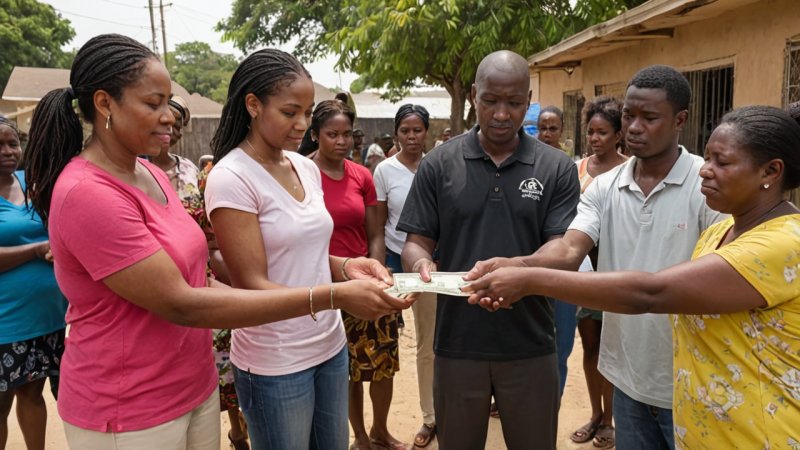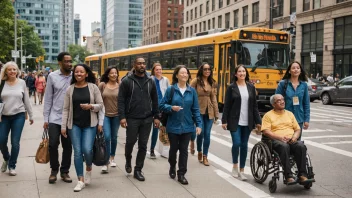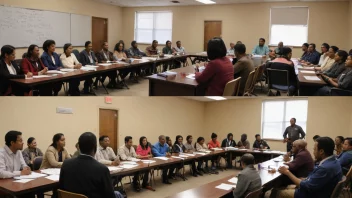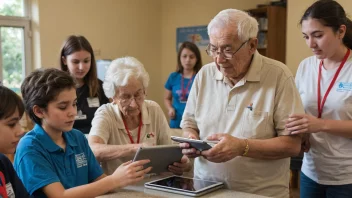What are cash transfer programs?
Cash transfer programs are initiatives that provide financial assistance to individuals or families, typically in low-income or vulnerable situations. These programs can be conditional, requiring recipients to fulfill certain criteria such as attending school or receiving vaccinations, or unconditional, where recipients receive cash without any requirements.
How do cash transfer programs help alleviate poverty?
Cash transfer programs help alleviate poverty by providing immediate financial support, which enables recipients to meet their basic needs such as food, shelter, and healthcare. This financial assistance can also empower individuals to invest in education or small businesses, fostering long-term economic stability.
What evidence exists regarding the effectiveness of cash transfer programs?
Numerous studies have shown that cash transfer programs can significantly improve recipients' quality of life. For instance, research has indicated that these programs can lead to better health outcomes, increased school enrollment, and reduced food insecurity. The unconditional cash transfer programs have shown particularly strong results in improving overall well-being.
Are cash transfer programs a sustainable solution to poverty?
While cash transfer programs can provide immediate relief, they are not a standalone solution to poverty. For long-term sustainability, these programs need to be part of a broader strategy that includes access to education, healthcare, and employment opportunities. Integrating cash transfers with other social services can enhance their effectiveness.
How can individuals get involved in supporting cash transfer programs?
Individuals can support cash transfer programs by advocating for their implementation in their communities, volunteering with organizations that run these programs, or raising awareness about their benefits. Additionally, people can participate in local government discussions to promote policies that support cash transfers as effective poverty alleviation strategies.
What challenges do cash transfer programs face?
Cash transfer programs face several challenges, including funding constraints, administrative inefficiencies, and potential stigma associated with receiving aid. Additionally, there can be concerns about the misuse of funds, making it crucial for programs to have proper oversight and evaluation mechanisms in place.
Can cash transfer programs be adapted to different cultural contexts?
Yes, cash transfer programs can be adapted to different cultural contexts by considering local economic conditions, social norms, and community needs. Tailoring the programs to align with the specific circumstances of the target population can enhance their acceptance and effectiveness.
What role do governments play in cash transfer programs?
Governments play a critical role in the design, implementation, and funding of cash transfer programs. They can establish the legal framework, allocate resources, and ensure that programs are accessible to those who need them. Collaboration with NGOs and community organizations can also enhance the reach and impact of these initiatives.
Are there any successful examples of cash transfer programs?
Several countries have successfully implemented cash transfer programs. For example, Brazil's Bolsa Família program has lifted millions out of poverty by providing financial assistance to low-income families. Similarly, Mexico's Prospera program has demonstrated significant improvements in health and education outcomes among participants.
What is the future of cash transfer programs?
The future of cash transfer programs appears promising, with increasing recognition of their effectiveness in addressing poverty and inequality. As more data becomes available, governments and organizations can refine these programs to maximize their impact and integrate them into broader social protection systems.






